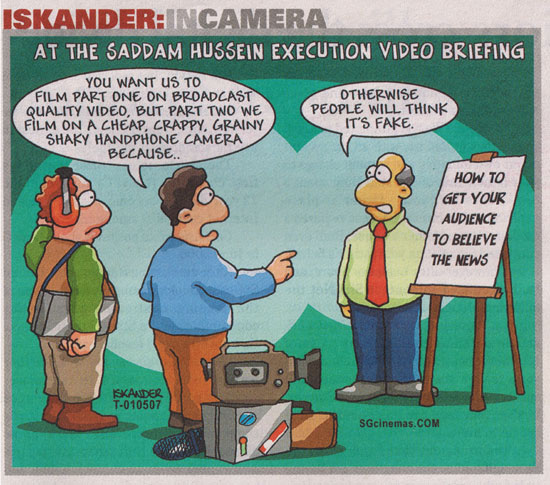January 14th, 2007
Peace …
» ICANN, ITU
Finally, after nearly 8 years of tug-of-war, ITU finally comes to terms that it needs to work with ICANN as I noted a few years ago (here and here).
The Internet should continue to be overseen by major agencies including ICANN and the ITU, rather than any new “superstructure,” the new head of the International Telecommunications Union said on Friday…
“We all must work together, each agency has its role to play. We must come to a better cooperation … and avoid setting up a superstructure which would be very controversial and very difficult to put into effect,” Toure told a news conference.
I am glad we can all put this behind us and focus on other more important things :-)






